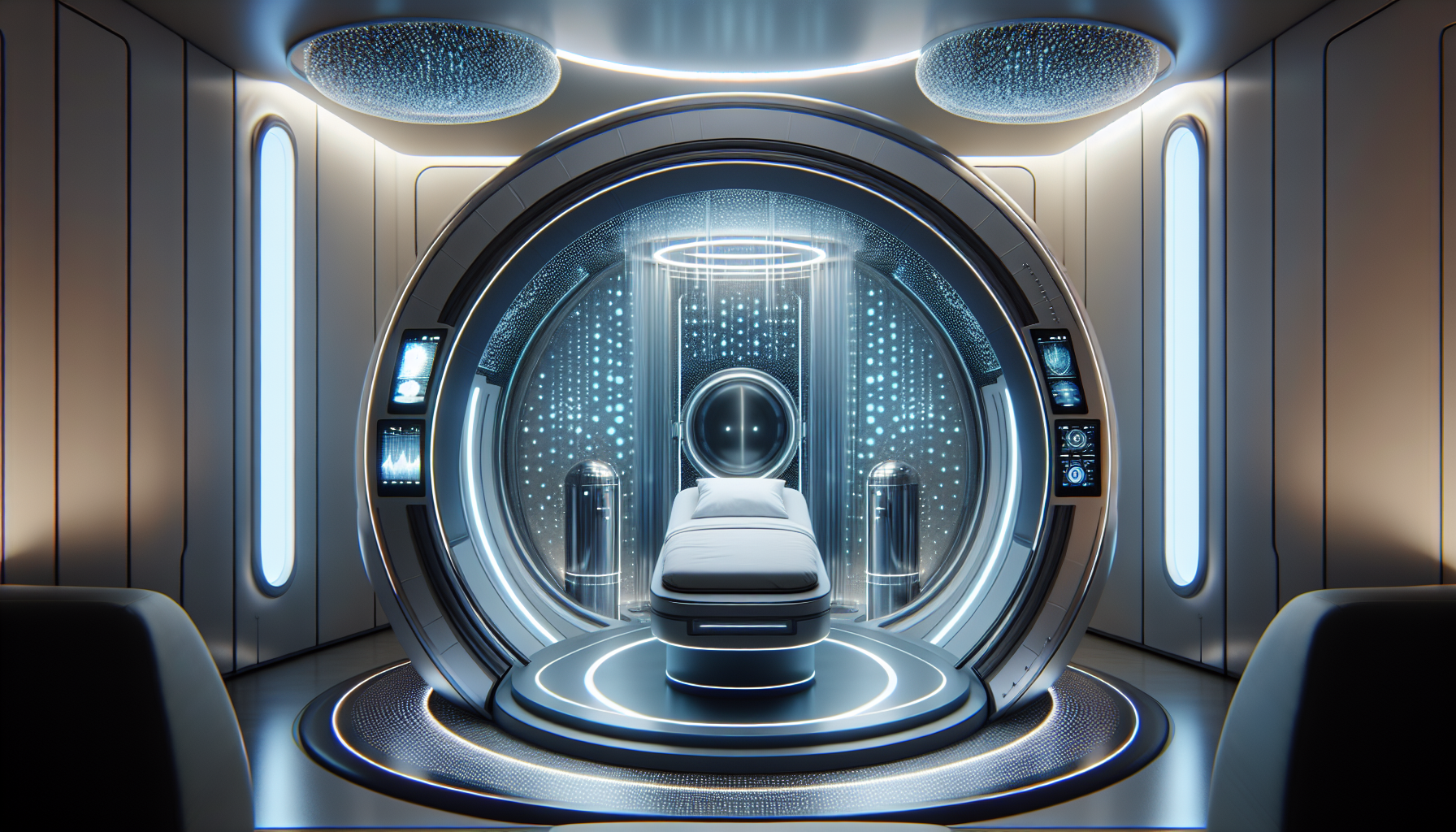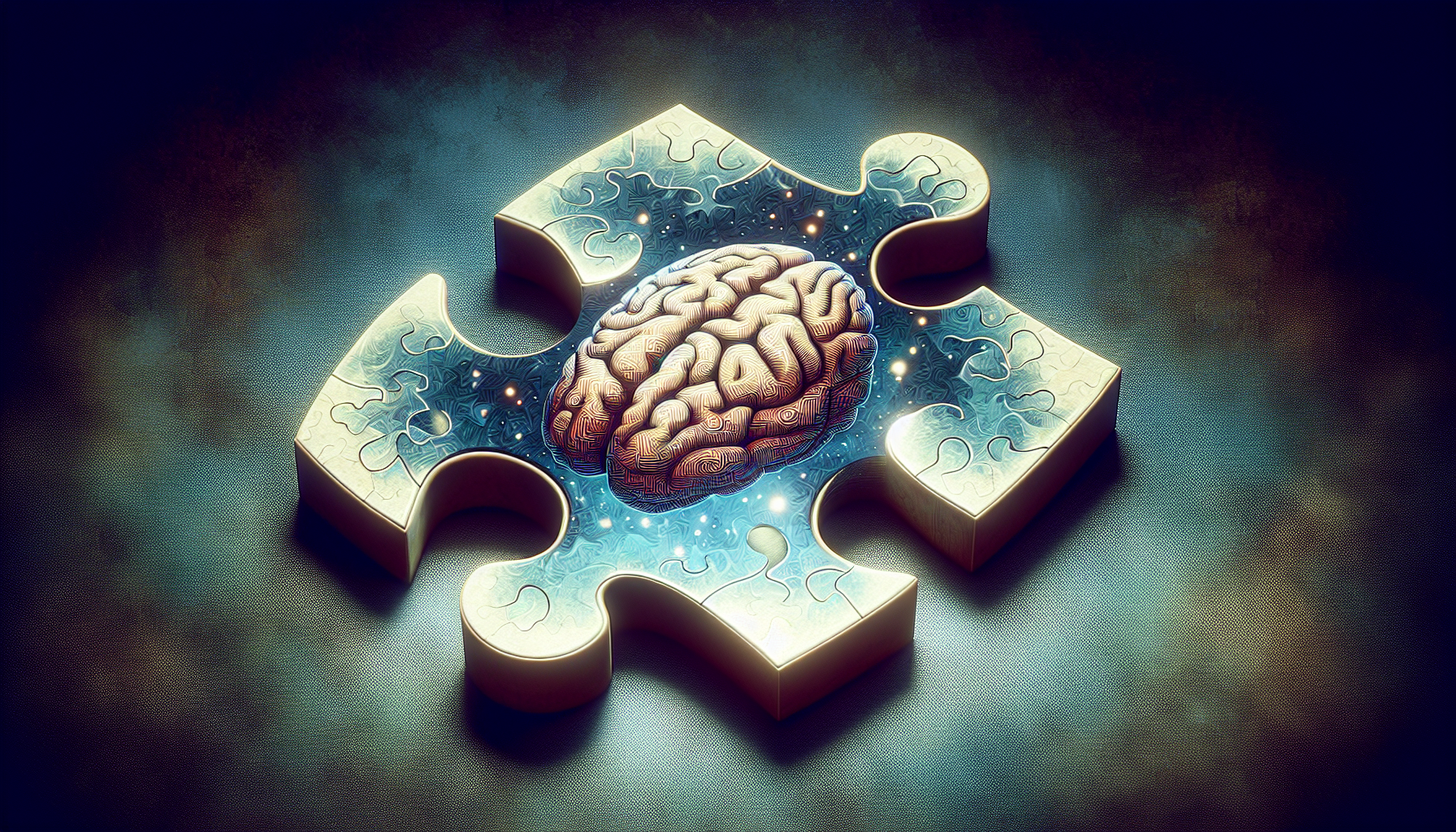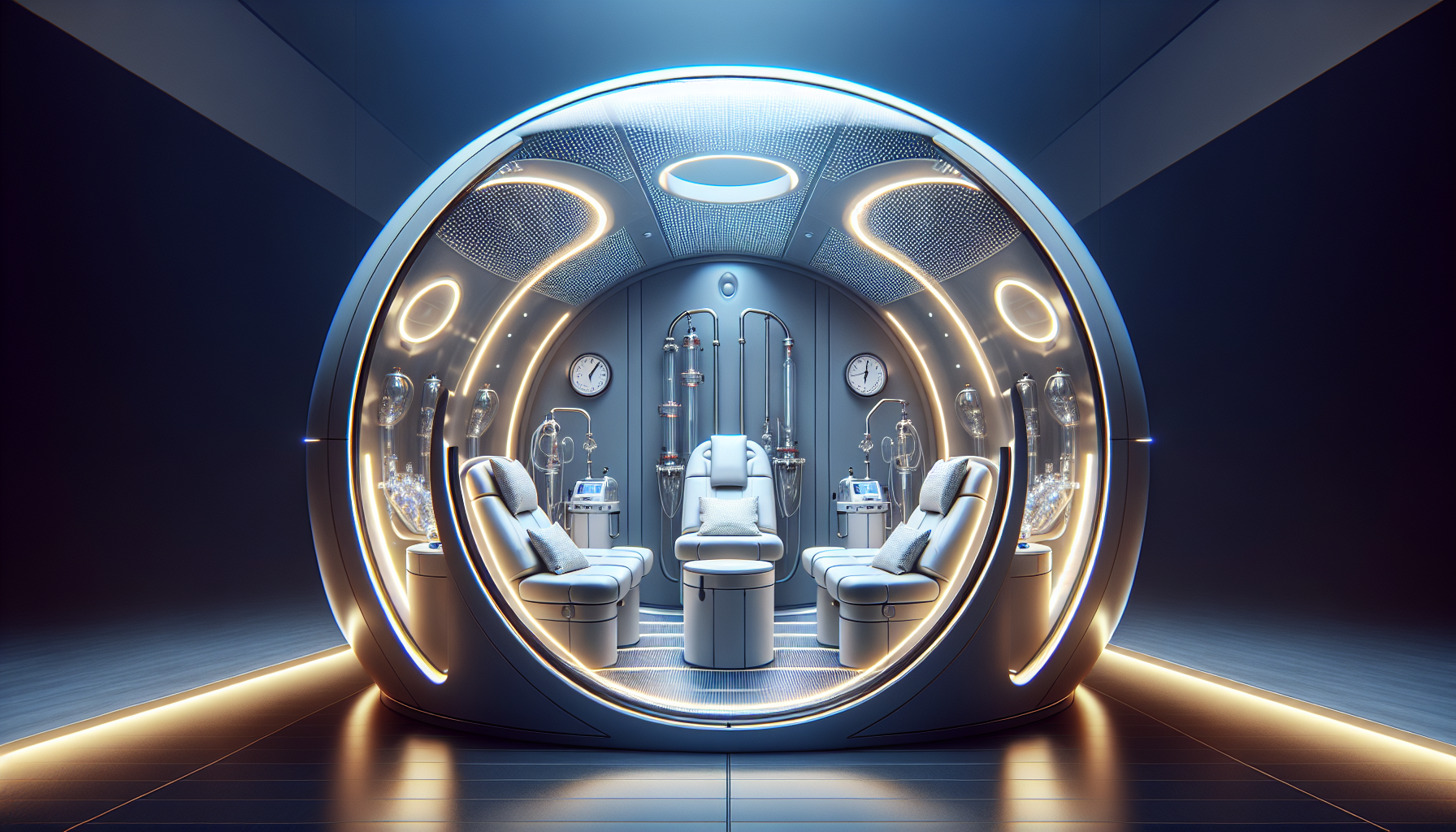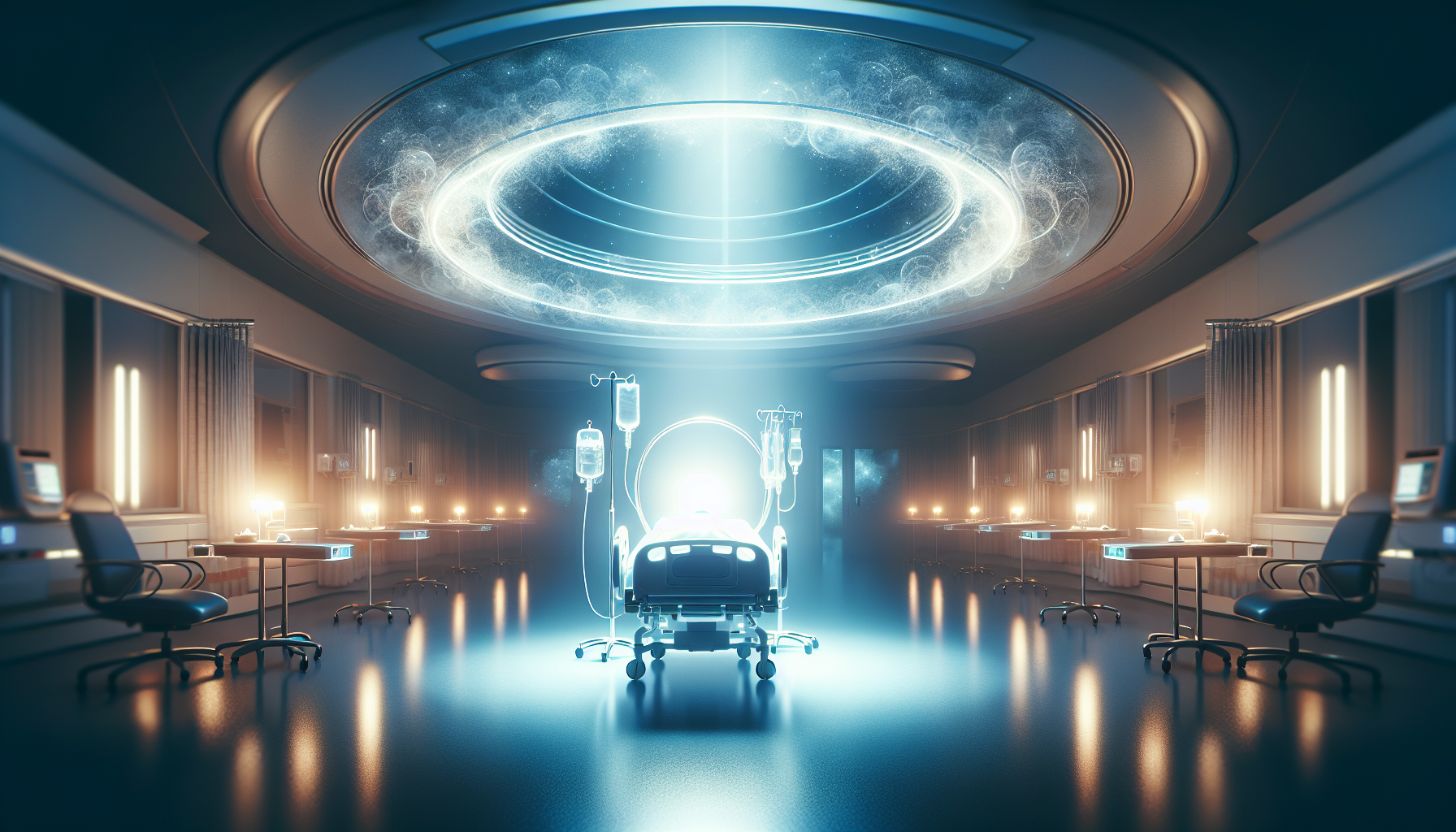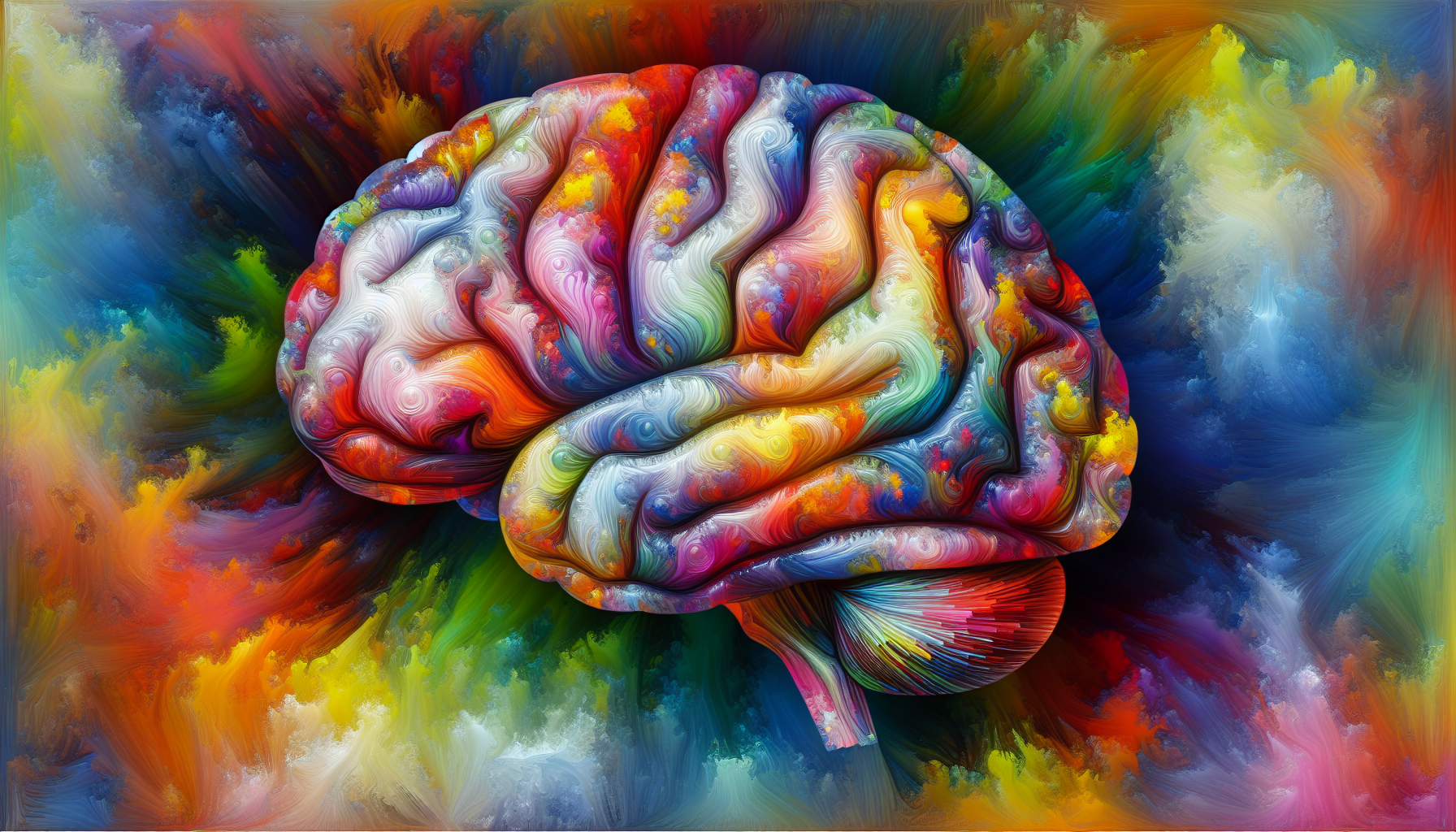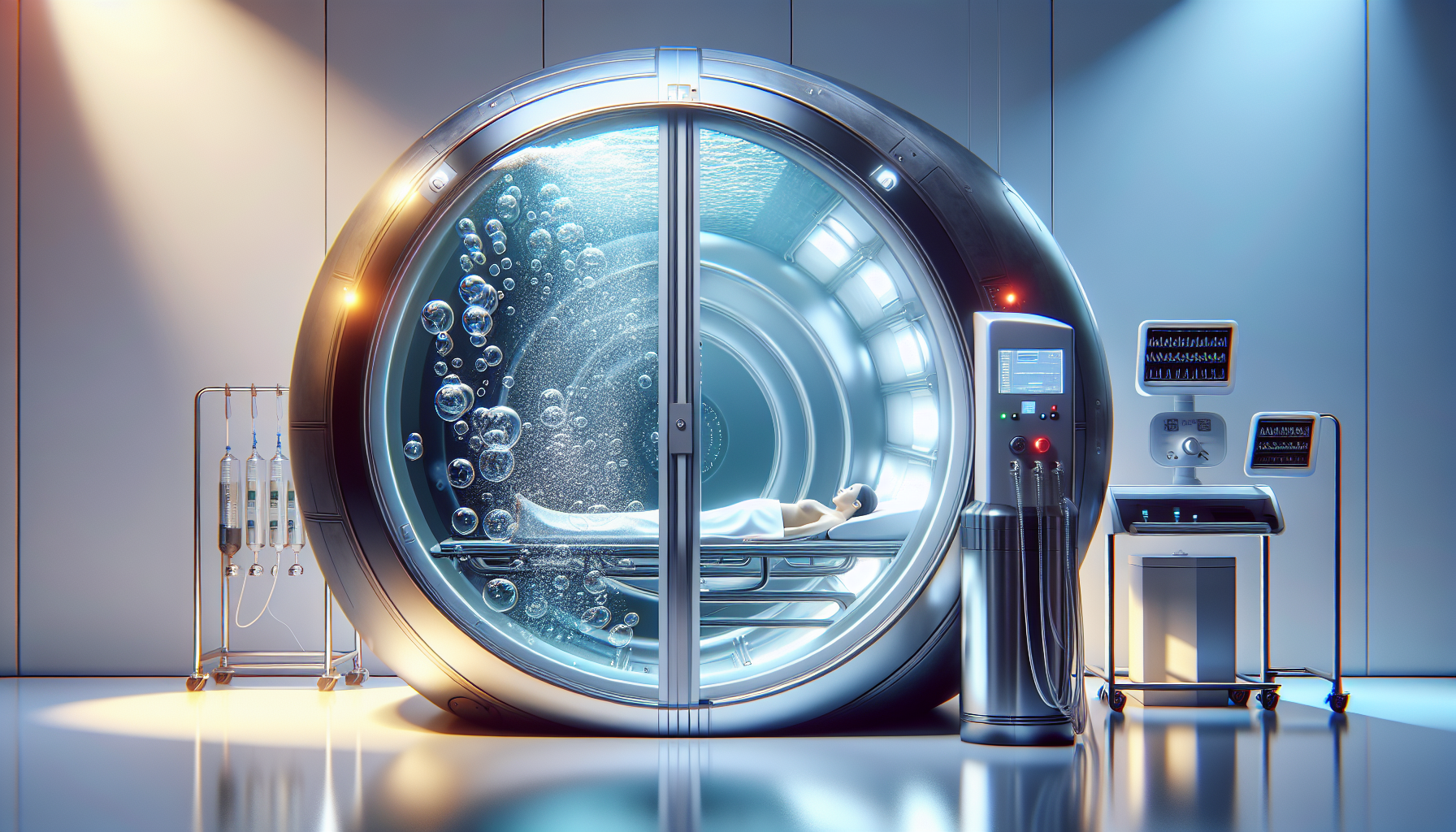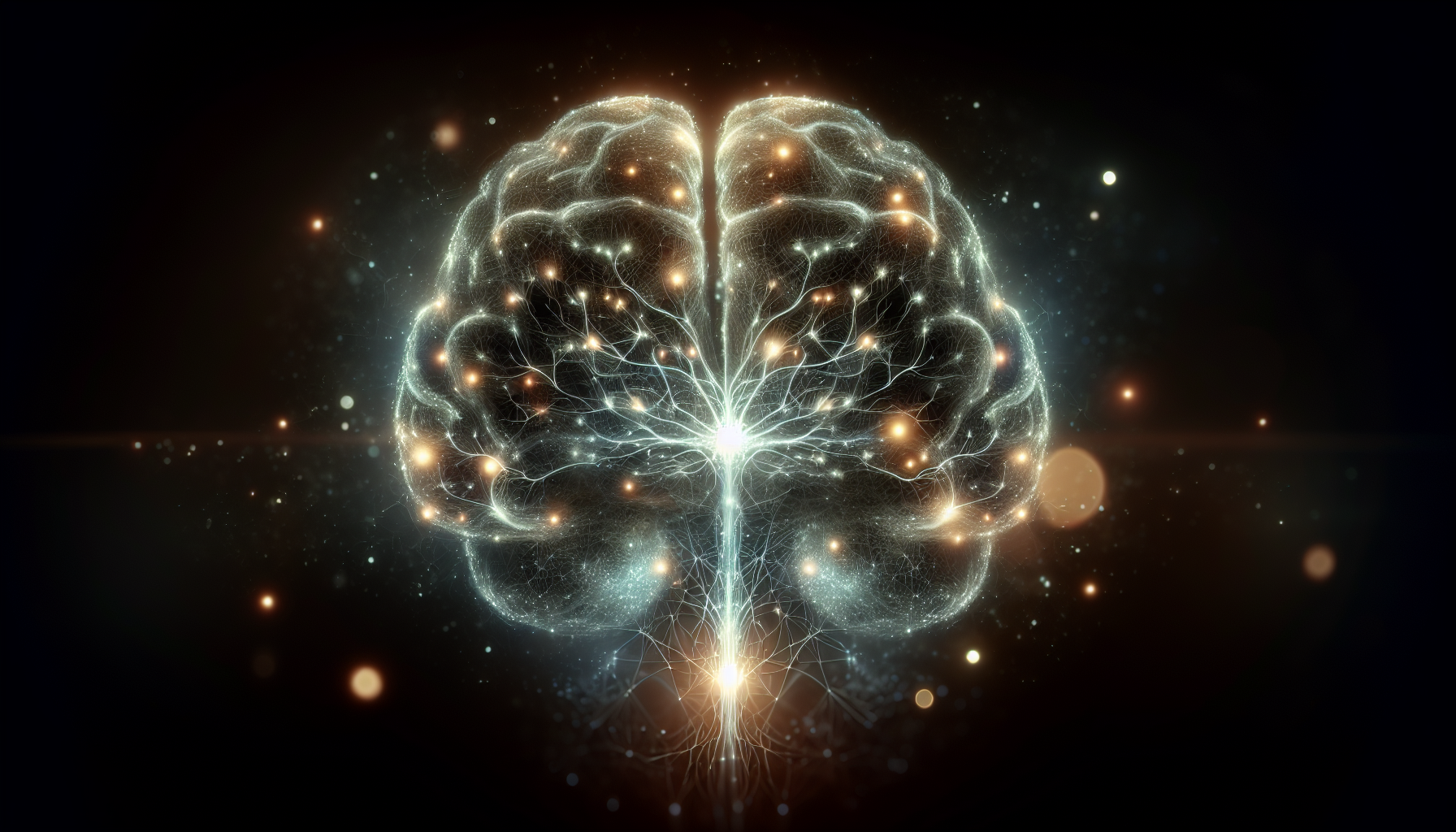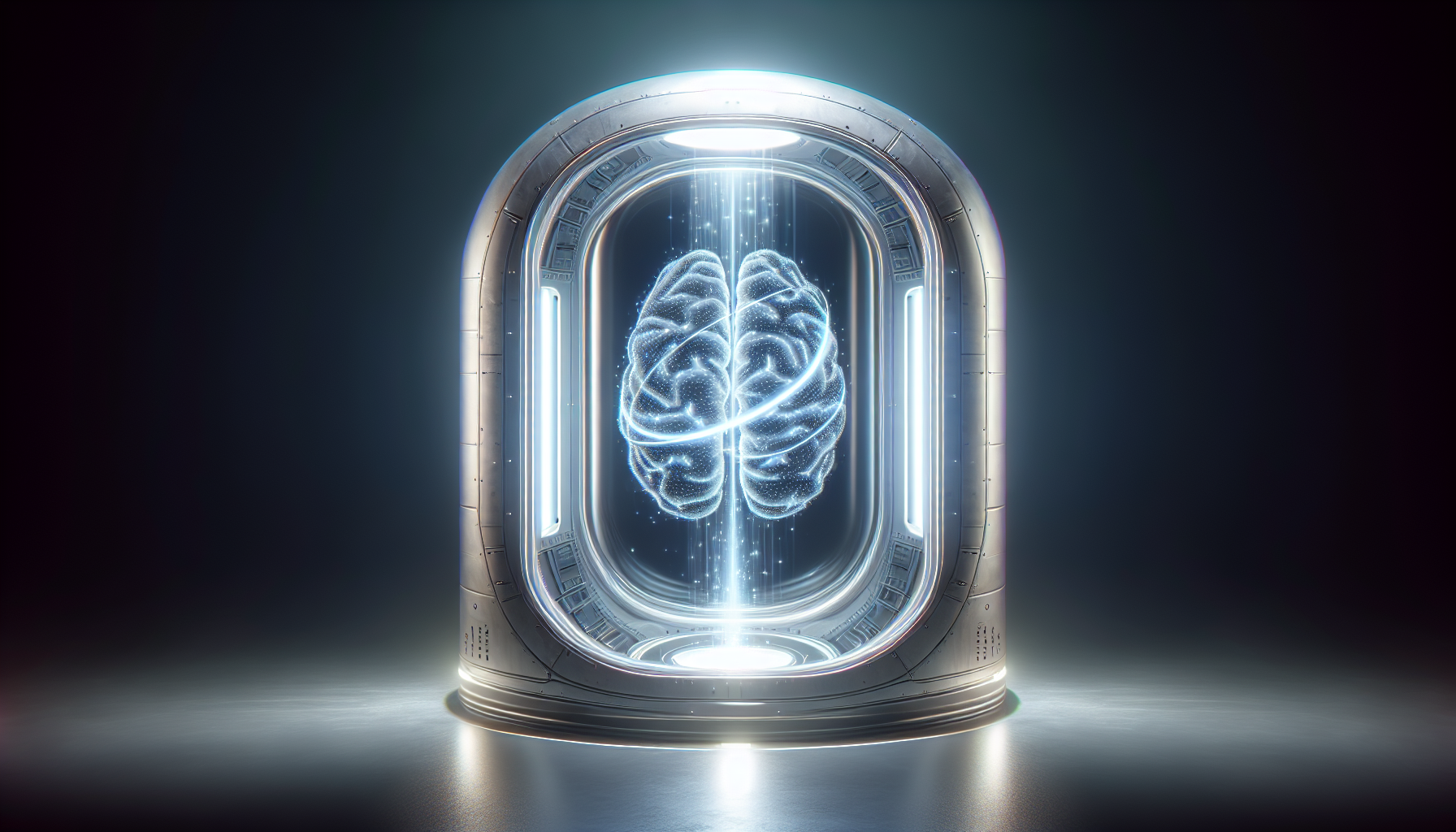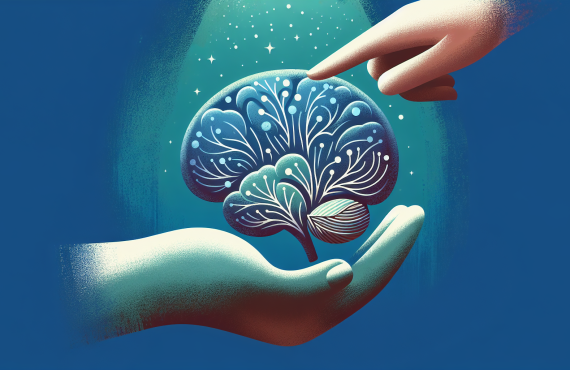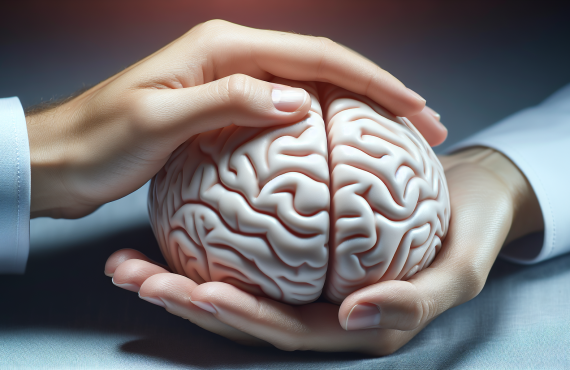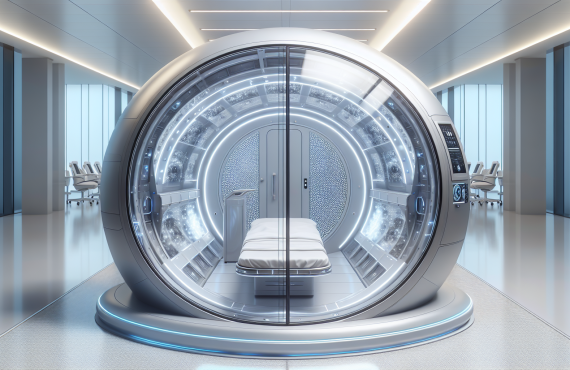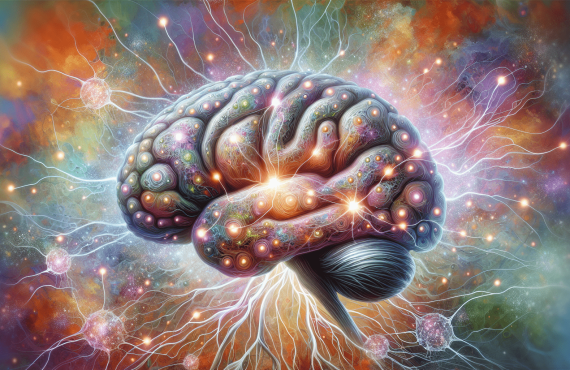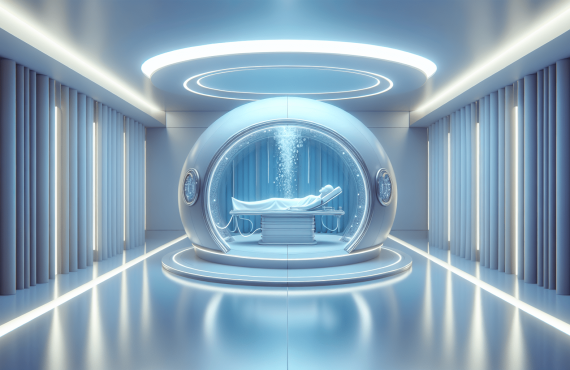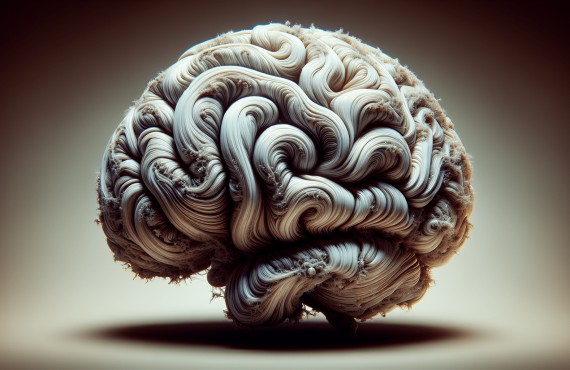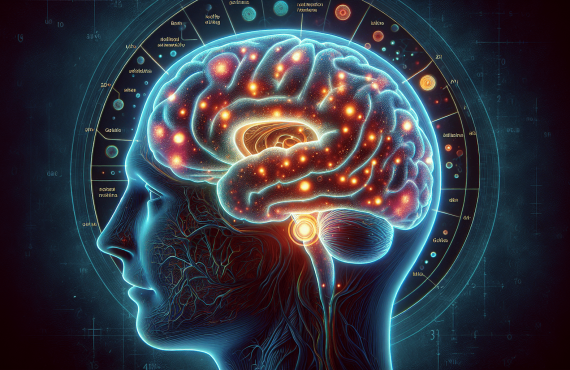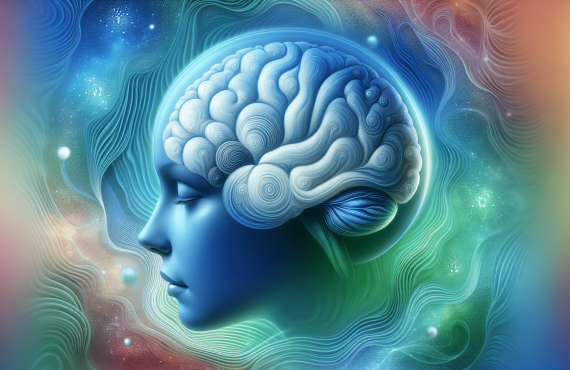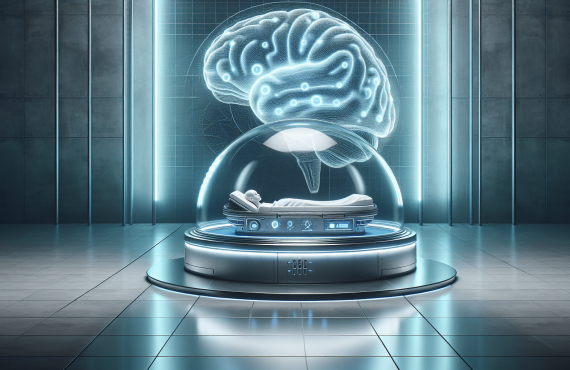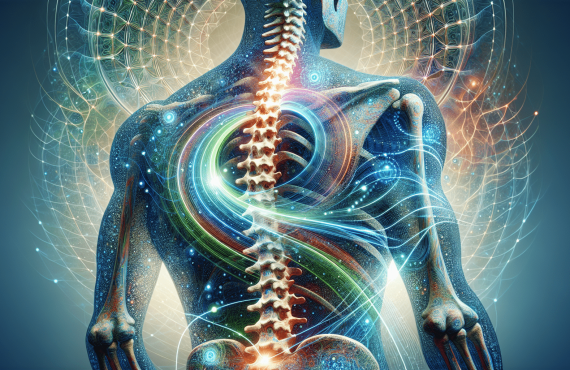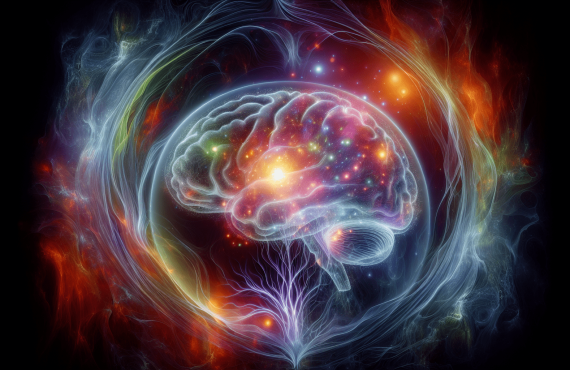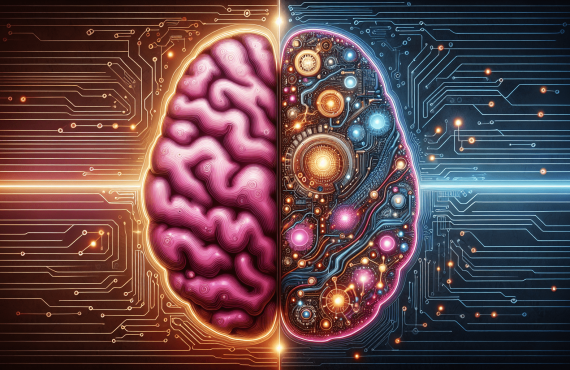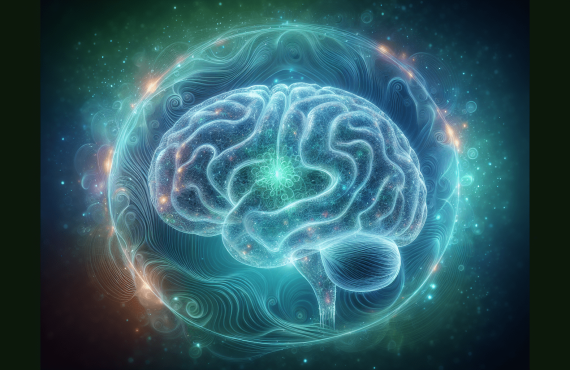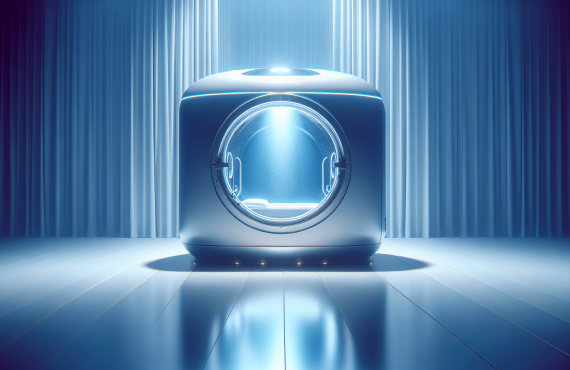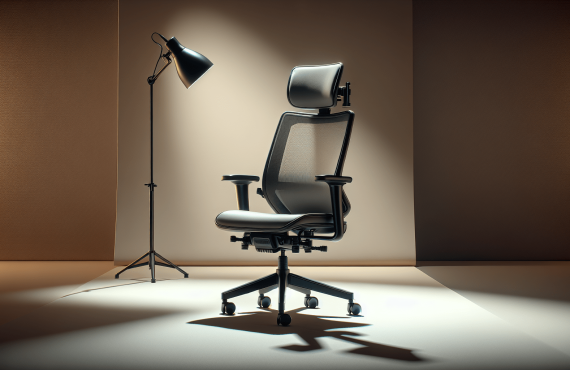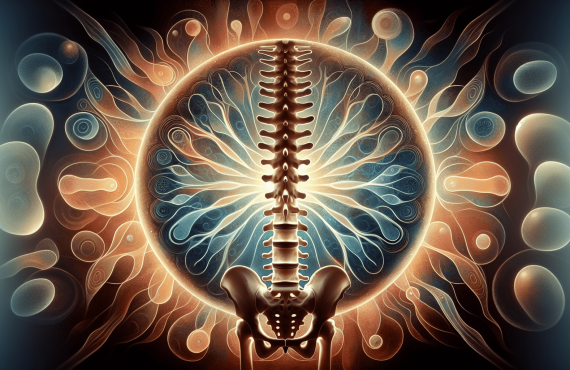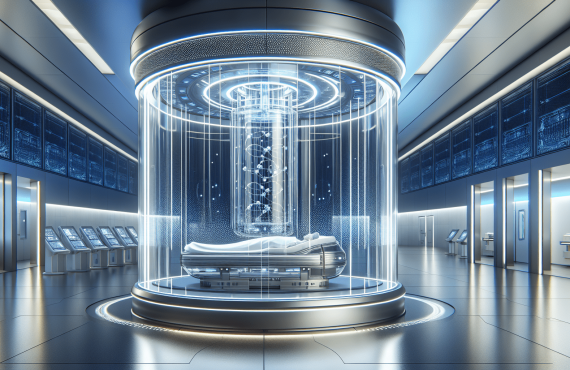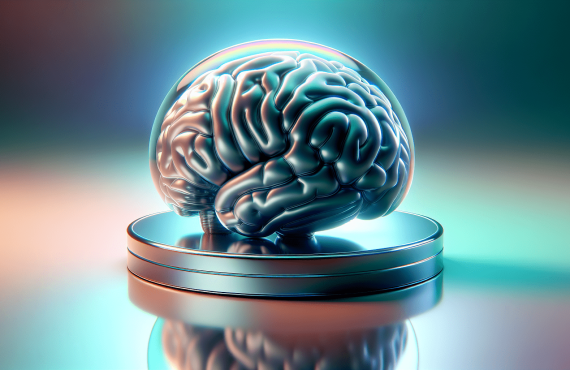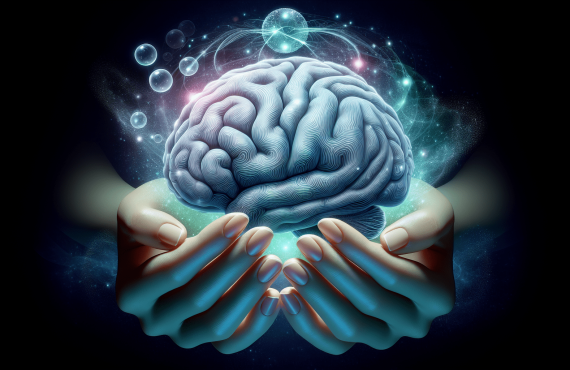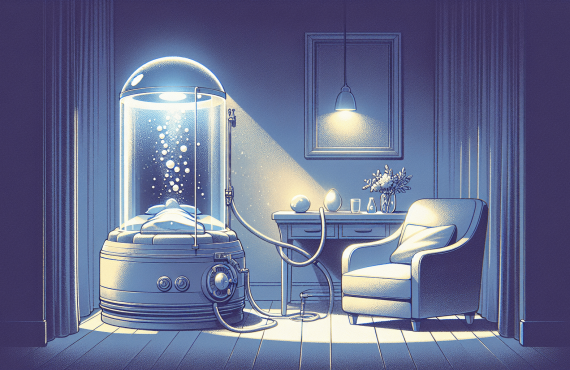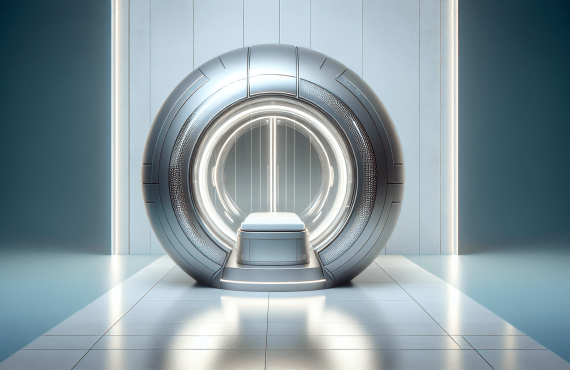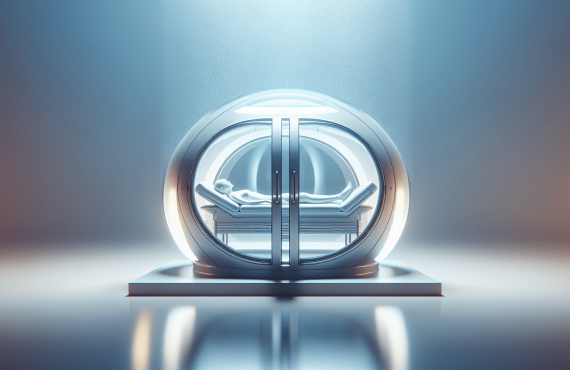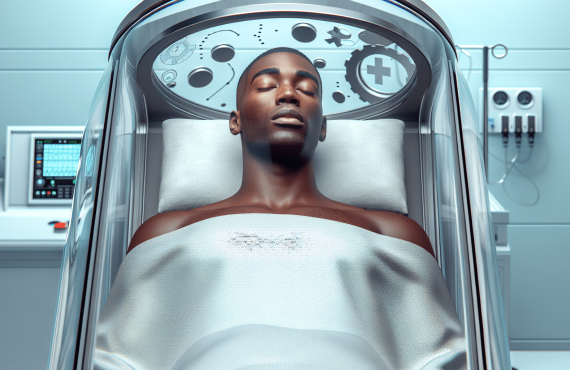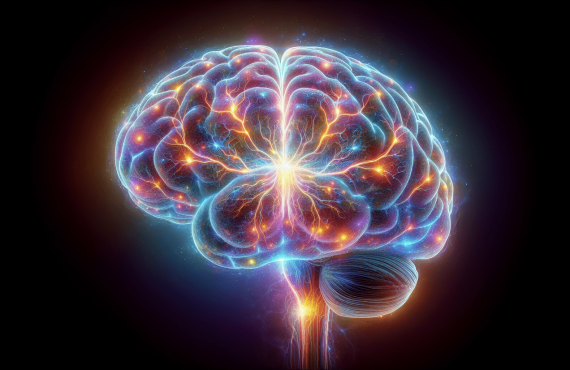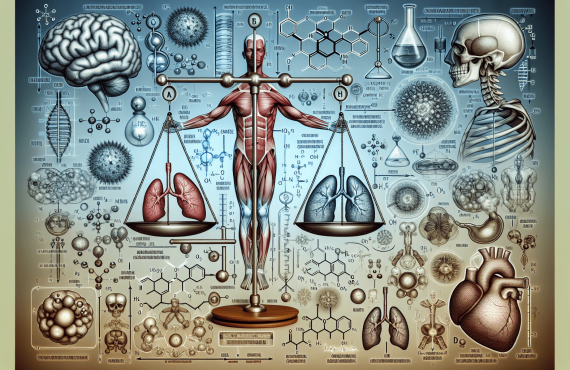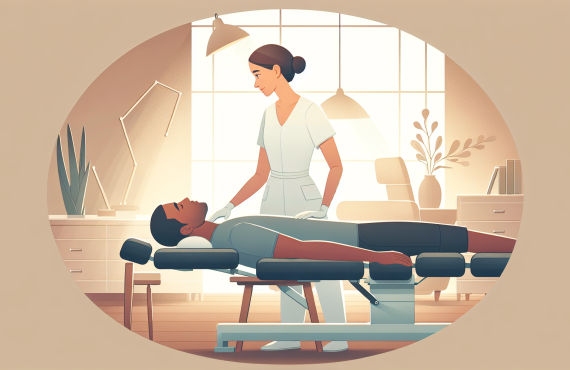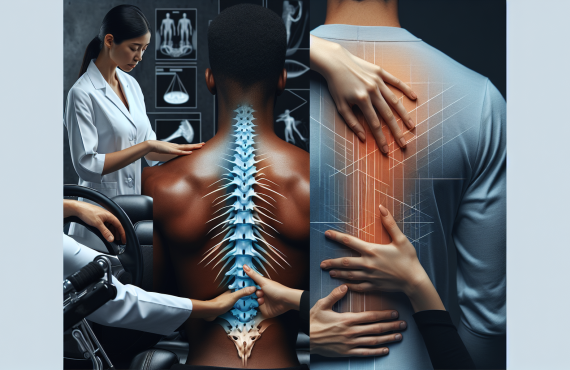Have you ever wondered what happens after a traumatic brain injury (TBI) and if recovery is truly possible? TBIs can be overwhelming and life-altering, affecting not only your physical abilities but also your emotional well-being and social life. Understanding what a TBI entails, its possible outcomes, and the therapies available can be the key to navigating the path to recovery. Let’s explore some practical insights into TBI recovery, therapies, and support systems that might help you or a loved one on this journey.
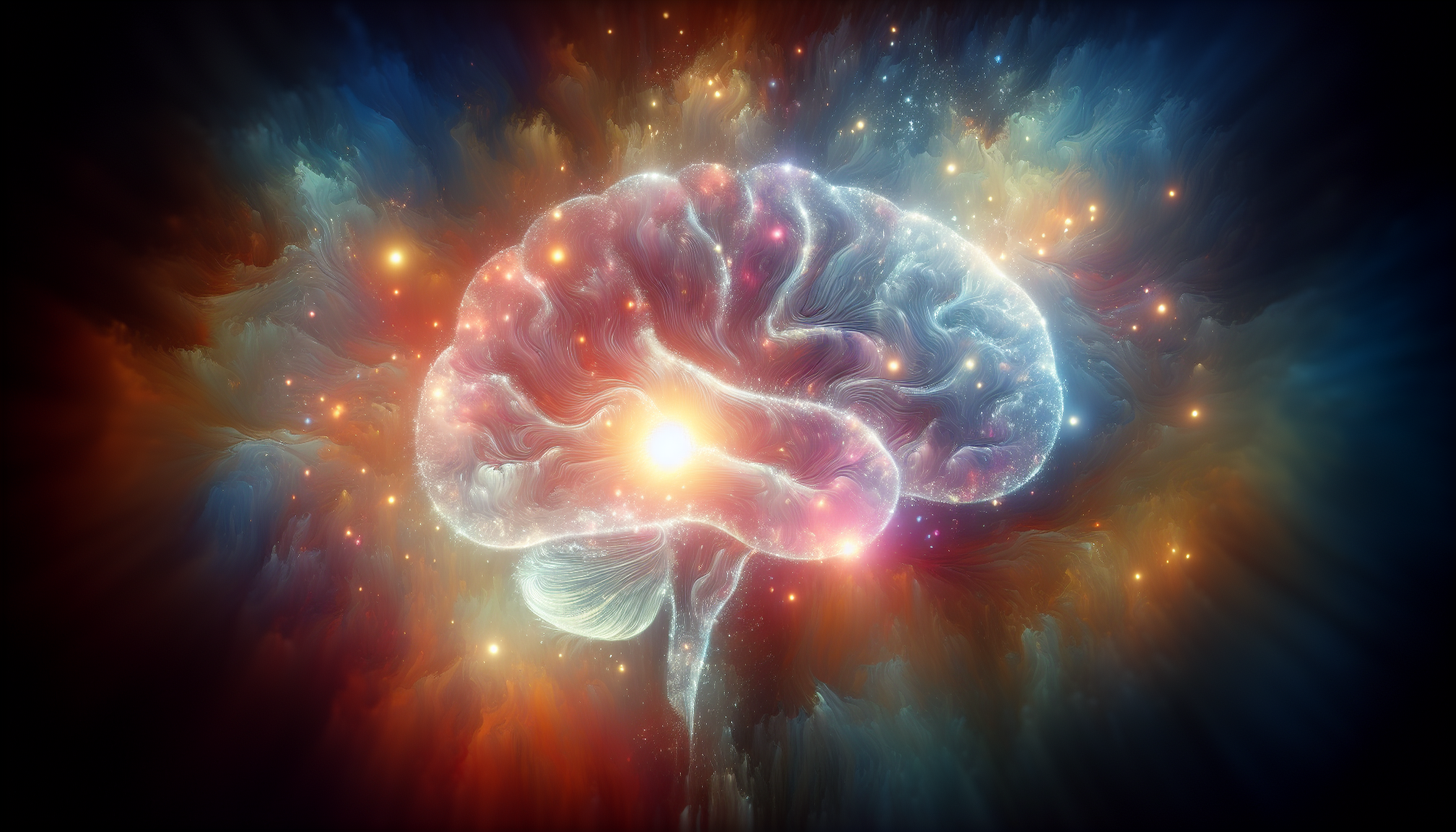
Table of Contents
Understanding Traumatic Brain Injury
A traumatic brain injury occurs when a bump, blow, or jolt to the head disrupts normal brain function. TBIs can range from mild, like a concussion, to severe, resulting in lasting damage. Immediate effects vary widely, from temporary confusion to unconsciousness or memory loss.
Types of Traumatic Brain Injuries
Understanding the different types of TBIs can clarify the landscape of potential recovery paths:
- Concussion: The most common, usually mild, with symptoms like headache, confusion, or dizziness.
- Contusion: A bruise on the brain tissue, often requiring medical supervision.
- Diffuse Axonal Injury: Caused by strong rotational forces, leading to widespread brain cell damage.
- Penetrating Injury: Occurs when an object pierces the skull and brain tissue.
Symptoms and Diagnosis
Symptoms of TBIs can involve physical, sensory, cognitive, and emotional issues. Signs may include headaches, dizziness, blurred vision, difficulty concentrating, and mood changes. Diagnosing a TBI usually involves a medical examination, imaging tests like CT or MRI scans, and cognitive assessments.
The Path to Recovery
The road to recovery from a TBI varies based on the injury’s severity and the individual’s response to treatment. It’s often a gradual process requiring patience and understanding.
Stages of Recovery
- Acute Stage: Immediate medical treatment is crucial. Focus on stabilizing the patient and preventing further injury.
- Rehabilitation Stage: Therapy begins, aiming to restore physical and cognitive functions. This may include physical, occupational, and speech therapies.
- Long-term Recovery: Involves ongoing management of symptoms and adjusting to lifestyle changes. Support from family and professionals plays an essential role here.
Recovery Timeline
Every individual’s recovery process is unique. Some may see rapid improvement, while others may require more time. On average, significant recovery occurs within the first six months, but progress can continue for years.
Therapeutic Interventions
Various treatments and interventions aim to support the brain in healing and adapting to new ways of functioning.
Conventional Therapies
- Physical Therapy: Helps improve movement, balance, and coordination.
- Occupational Therapy: Aids in regaining independence in daily activities.
- Speech and Language Therapy: Focuses on communication skills improvement.
- Cognitive Behavioral Therapy (CBT): Supports emotional well-being and coping strategies.
Alternative and Emerging Therapies
In recent years, alternative therapies like mindfulness, meditation, and yoga have gained attention for their potential in supporting brain injury recovery.
Hyperbaric Oxygen Therapy (HBOT)
Hyperbaric therapy, or hyperbaric oxygen therapy (HBOT), involves breathing pure oxygen in a pressurized chamber. This increases oxygen concentration in the bloodstream, enhancing healing and reducing inflammation.
- How It Works: By elevating oxygen levels in the blood, HBOT promotes tissue regeneration and new blood vessel growth (angiogenesis), vital for healing damaged brain areas.
- Benefits: It may improve outcomes by enhancing cognitive function, reducing persistent symptoms, and accelerating recovery.
Expert Insights: Chiropractic Support
Chiropractic care can complement other therapies in promoting overall health and well-being after a TBI.
Henry Chiropractic
Located at 1823 N 9th Ave, Pensacola, FL, Henry Chiropractic offers specialized chiropractic care to support recovery. Dr. Craig Henry uses techniques to bolster health and wellness, addressing pain and discomfort essential for comprehensive TBI recovery.
The Team of Chiropractors
- Dr. Craig Henry: A licensed chiropractor committed to improving patients’ health through chiropractic care.
- Dr. Aaron Hixon: Another dedicated chiropractor at Henry Chiropractic, Dr. Hixon employs various techniques, emphasizing personalized care and active lifestyles.
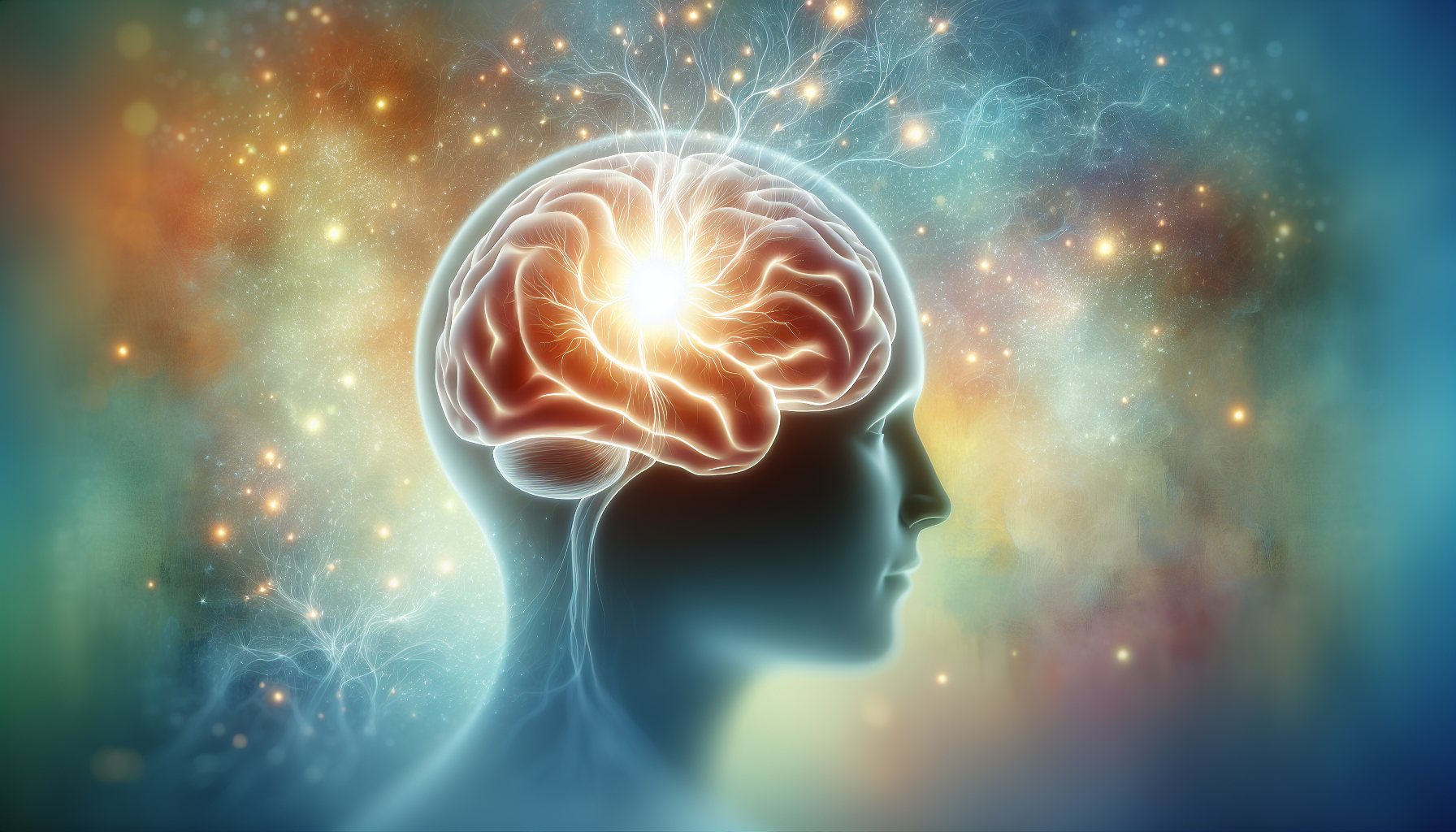
Emotional and Social Aspects of Recovery
Recovery from TBI isn’t solely about physical healing; emotional and social reintegration play crucial roles.
Emotional Support
Dealing with emotional upheavals, mood swings, and depression is common. Professional support like counseling can offer relief and coping mechanisms.
Social Re-engagement
Reconnecting with social circles, engaging in community activities, and discussing your experiences with loved ones can aid emotional recovery. Encouraging positive interactions positively impacts mental health and well-being.
Support Networks
Finding support groups and communities for TBI survivors and their families provides a sense of belonging and shared understanding. It’s an essential resource for emotional reinforcement and guidance.
Practical Considerations for Living with a TBI
Adjusting to a new way of life can involve practical changes aimed at maintaining safety and enhancing quality of life.
Daily Routine Adjustments
Incorporating structured routines can provide a predictable environment that may reduce cognitive load and stress.
Home Modifications
Simple changes like removing tripping hazards, using visual cues, and setting reminders can greatly aid day-to-day living.
Vocational Support
Returning to work may be challenging, requiring adjustments and understanding from employers. Vocational rehabilitation programs offer support and training for reentering the workforce.
Frequently Asked Questions
Here are some frequently asked questions about TBI recovery:
-
Can you fully recover from a traumatic brain injury?
- Complete recovery depends on injury severity. Some people fully recover, while others may have lasting effects.
-
How long does it take to recover from a TBI?
- Recovery time varies. Significant improvements often occur within six months, but recovery can be ongoing for years.
-
Are there experimental treatments for TBI?
- Yes, treatments like stem cell therapy and neuroplasticity-focused interventions are under research and may offer promise.
-
How can family members support a TBI survivor?
- Being patient, providing emotional support, and helping with daily tasks are key ways to aid recovery.
-
What resources are available for TBI survivors?
- Resources include rehabilitation centers, support groups, vocational programs, and ongoing therapy services.
For further guidance and support in your recovery journey, consider reaching out to Henry Chiropractic at (850) 435-7777 or visiting their website here.
Conclusion
Navigating life after a traumatic brain injury involves recognizing the role of therapies, emotional resilience, and social support. Recovering from a TBI requires time, patience, and comprehensive care. You or your loved one can achieve significant progress in regaining control and improving quality of life. As you explore your recovery options, remember the importance of leveraging all available resources—from medical treatments to community support—to create a pathway towards healing and independence.







